Do German Shepherds Have Special Nutritional Requirements?
Nutrient Distribution
German Shepherds live in a wide variety of conditions with different activity levels. It’s important to make sure that you match the nutrients with your dog’s activity level in order to make sure that they don’t get too thin or become obese.
For the most part, protein content which is higher than 20% is ideal. You may want to go as high as 30% for working dogs and puppies, however.
Fats should be kept relatively low, from 8-15% being ideal. Again, working dogs can go a bit higher but you may not want to go much higher or you’ll risk your dog becoming overweight.
As with most dogs, the carbohydrate content of less than 30% is a good idea, but too low and your shepherd won’t be able to get their teeth clean eating their kibble.
For the most part, with a Shepherd, your primary concern is going to be the quality of ingredients rather than nutrient distribution.
Grain-free is always a good thing as well, ensuring that there’s less filler in the food and more quality nutrients for the dog in question.
Caloric Intake
German Shepherds will usually do fine on about 30 calories per kilogram of body weight. Those dogs which are working may require up to twice that, and puppies will also do better to be put on a higher calorie diet while senior German Shepherds may require 30% lower or so.
There is one important thing to note about feeding German Shepherd puppies: juvenile shepherds should only be kept on puppy food for the first six months of their life, afterward switch to an adult kibble.
When larger dogs grow too quickly it can cause a loss of bone density and increase the risk of serious joint issues as they get older so be sure to switch at that age for the best results.
For the most part, a German Shepherd should feel muscular and you should be able to feel their ribs under the muscle. If they’re very thin then you’ll want to increase their caloric intake and if you can’t feel the ribs it may be time to dial back the amount of food you’re giving them a bit.
Micronutrients
German Shepherds don’t have any specialized requirements here, other than the fact that you want to ensure that calcium is under 1.5% until they’ve reached their full size.
The usual 4% fiber is ideal, with a range of up to 6% being fine for adult dogs and a bit higher being desirable for dogs who are getting on in age.
 The appeal of the German Shepherd can’t be underestimated, these awesome canines have won their way into the hearts of millions of people across the globe. It’s easy to see why, their superior strength and intellect combine to make them both some of the best pets around and some of the most famous working dogs on the planet.
The appeal of the German Shepherd can’t be underestimated, these awesome canines have won their way into the hearts of millions of people across the globe. It’s easy to see why, their superior strength and intellect combine to make them both some of the best pets around and some of the most famous working dogs on the planet.

 German Shepherds, despite their working dog background, are generally considered to be dogs with a medium activity level. They’re not quite as hyper as something like a terrier or pitbull after all.
German Shepherds, despite their working dog background, are generally considered to be dogs with a medium activity level. They’re not quite as hyper as something like a terrier or pitbull after all. Like many larger breeds, German Shepherds are prone to bloat. This means you should keep them on a multiple times per day feeding schedule and you may also want to invest in a slow feeder. The cause of bloat isn’t precisely known, but the condition can turn fatal in a hurry.
Like many larger breeds, German Shepherds are prone to bloat. This means you should keep them on a multiple times per day feeding schedule and you may also want to invest in a slow feeder. The cause of bloat isn’t precisely known, but the condition can turn fatal in a hurry.
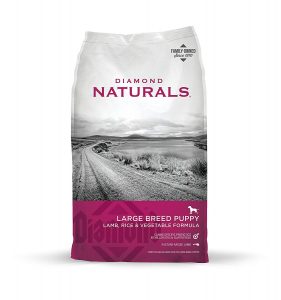
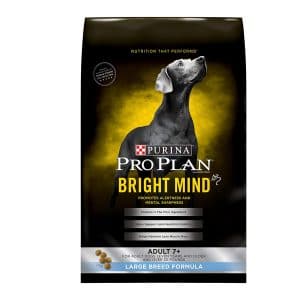
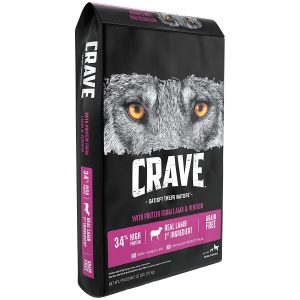

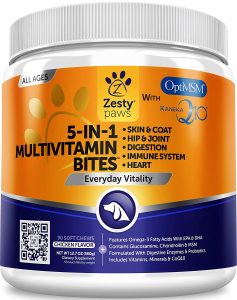
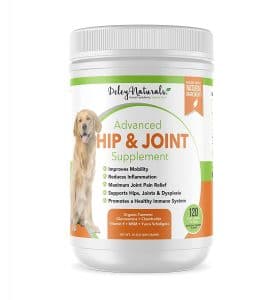







 German Shepherds were originally sheep herding dogs, but due to selective breeding over the years they’ve truly come to be in a class all their own. While there are a few non-recognized breeds which have descended from the line, such as King Shepherds, it really is hard to generalize them with other breeds of dogs.
German Shepherds were originally sheep herding dogs, but due to selective breeding over the years they’ve truly come to be in a class all their own. While there are a few non-recognized breeds which have descended from the line, such as King Shepherds, it really is hard to generalize them with other breeds of dogs. Widely considered to be among the most intelligent of dog breeds, German Shepherds also maintain quite a bit of muscle underneath their relatively long coats.
Widely considered to be among the most intelligent of dog breeds, German Shepherds also maintain quite a bit of muscle underneath their relatively long coats. German Shepherds are one of the most common breeds around in the US and these dogs have a long and well-won reputation. Ensuring that we keep them healthy is our duty as pet owners, and with the right food and supplements, many of the issues which affect the breed can be overcome.
German Shepherds are one of the most common breeds around in the US and these dogs have a long and well-won reputation. Ensuring that we keep them healthy is our duty as pet owners, and with the right food and supplements, many of the issues which affect the breed can be overcome.